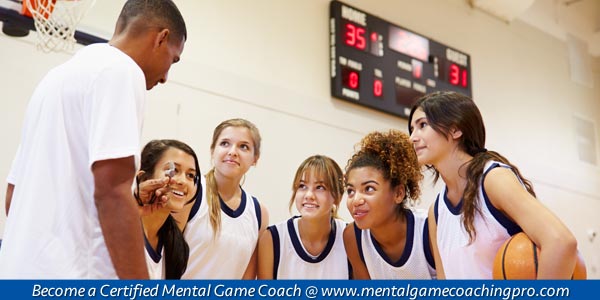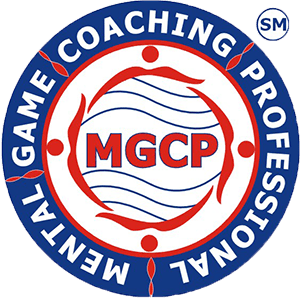
Help Athletes Be Successful with Mental Training
Do your athletes feel excited to start mental training only to lose interest quickly when they don’t see immediate results in their performance?
Unfortunately, athletes often want the quick fix with mental training and may lose interest when results don’t come quickly.
How to help your athletes commit to mental training is the topic of today’s mental coach tip. One mental coach asks:
“Athletes are nearly always motivated to begin the mental training, but some let it lapse quite quickly. Other than seeing results from the mental training, which keep them on track, how can we encourage them to remain committed to the mental training program?”
You can find many reasons athletes loose interest in mental training including:
1. Mental training competes with other responsibilities such as school, team training, individual training, and strength or agility training.
2. They lose interest when improvement in results doesn’t come quickly enough.
3. They make progress quickly or figure out what was missing and don’t feel the need to continue mental training.
4. They don’t know how to stay committed or you don’t help them with follow up or adherence strategies.
No matter the reason your athletes don’t stay committed to mental training over the season, you can try the following strategies to improve commitment:
1. Discuss with them why mental training is long-term education and not a quick fix for performance slumps. Set your athletes’ expectations about how mental training works early in the process.
2. Give your athletes specific, actionable strategies they can use or apply immediately.
3. Help your athletes stay focused on the mental game between sessions with homework assignments. Provide summary sheets, worksheets, cheat sheets, and audio summaries to help them stay motivated between sessions.
4. Use post-performance assessments to help track how well your athletes are applying mental game strategies.
5. Involve parents and coaches in the process. When coaches and parents value mental training, this filters down to athletes.
6. Encourage athletes to stick with mental training because the skills they learn can be applied to life skills and careers.
Contact me with any questions you might have about the MGCP program. Here’s the toll-free phone number: 888-742-7225.
Related Mental Coaching Articles:
- 4 Tips to Help Athletes Stay Committed to Mental Training
- 5 Reasons Athletes Don’t Do Mental Training
- Is Lack of Consistency a Focus Problem?
Apply To Be In The MGCP Program!
Upon acceptance into the Mental Game Coaching Professional (MGCP) program, you’ll be given assess to the MGCP documents and to the peaksportsnetwork.com membership web site, start dates and times of each video conference, and how to access the video conference.
The MGCP video conference certification program is taught by video conference over a period of 10 weeks, meeting for two hours each week, but the course can take up to 12 weeks to complete (due to holidays and such).
By the end of the certification program (provided you have completed all requirements for graduation), you will receive a certification from Peak Performance Sports, LLC as a certified Mental Game Coaching Professional!
Have questions about the MGCP program? Read our FAQ. Find out what is included in the MGCP program. Call 888-742-7225 or email us at Peak Performance Sports
